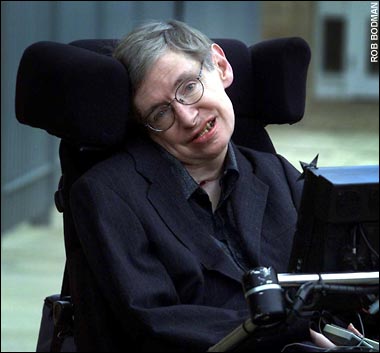Vault Dweller said:It's not just the motor skills. It's everything. If the player is smart enough to figure something out but his character isn't - tough luck. You can play a game, for example, with a high INT character and figure out (via your character's abilities) a way to open a secret passage, for example, or to combine runes into a high level spell. If you're playing the same game with a low INT character, this in-game knowledge should not be transferred to your low INT character automatically, it should be blocked by his stats.
So, basically, the player decides, the character acts.
If such system was implemented there should be some clues to the player to avoid meta gaming. For example your char could say that he is not smart enough when he would try to put the peace's of Rune together.
The problem I have with stats like that is that they often are all of nothing, and there is often plenty of meta gaming, and inability to know how useful each stat will actually be, with combat you can read the rules, know exactly how much it will improve, and you get feed back from encounters. Also when you go to place where the enemy is too strong for you, you will find it out, but if you talk with somebody, and you lack some option you can never be sure if designer did put that option at higher INT levels, and at what INT it will be exactly so it reduces the planning to guessing. How can you figure out how much to put into speech? How fast do you need to improve it sacrificing combat to not miss options? How can you know how to balance it?
To avoid some of those problems I would make skills related to that be set only at the start of the game. Do it with attributes, and don't change them during a game.
As for non combat gameplay, Discword Noir have a pretty nit system where you can ask people about things that you have in inventory, and clues that you had gathered. RPG games already have journals that could be adopted to that.















